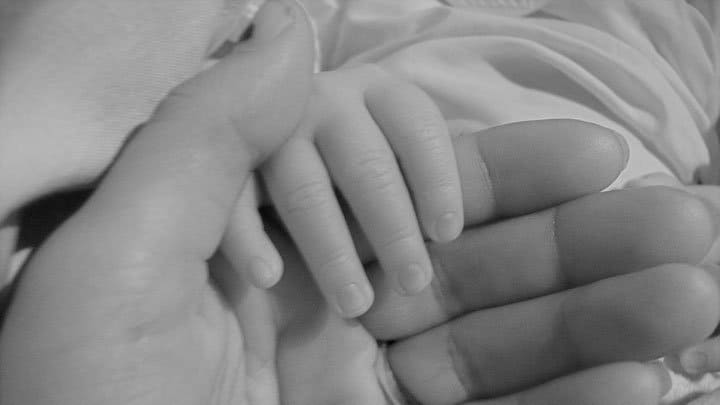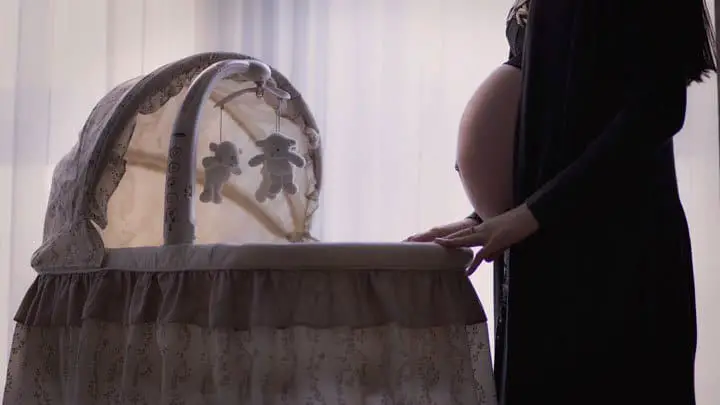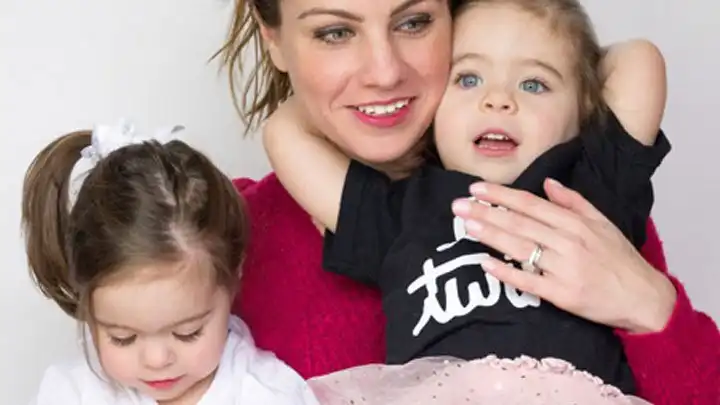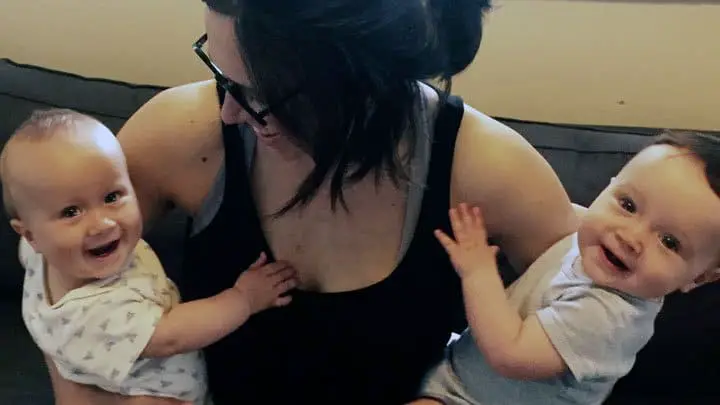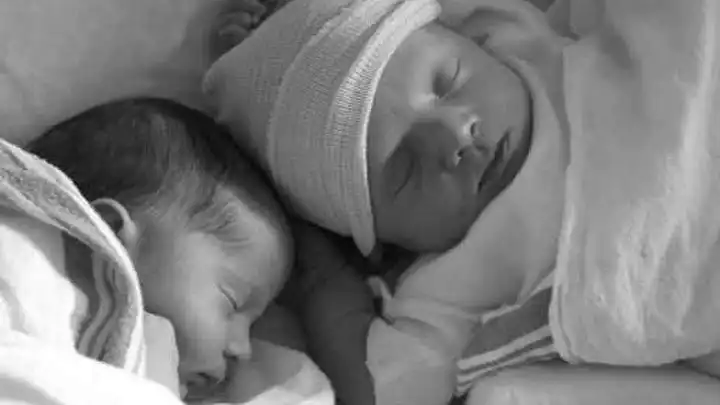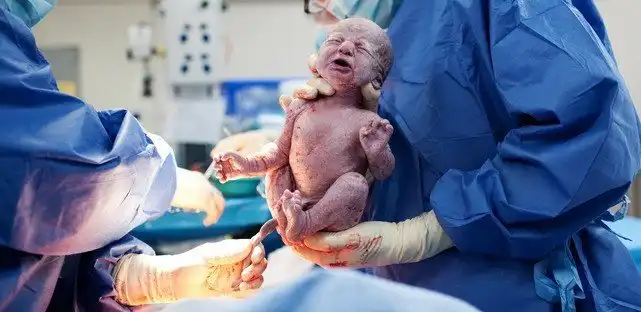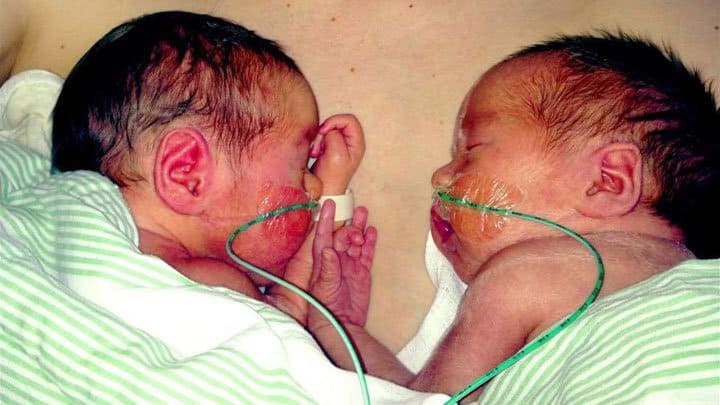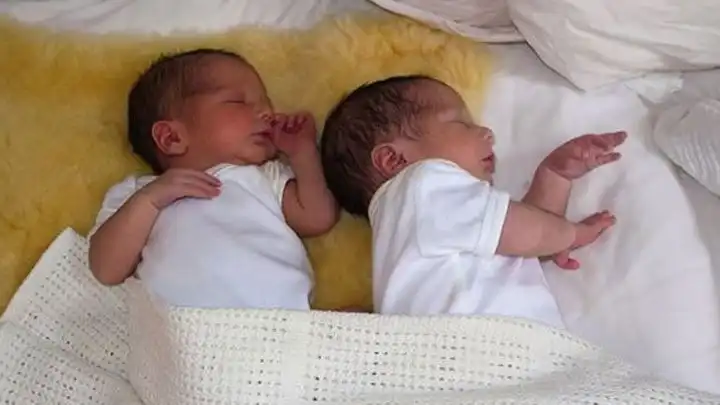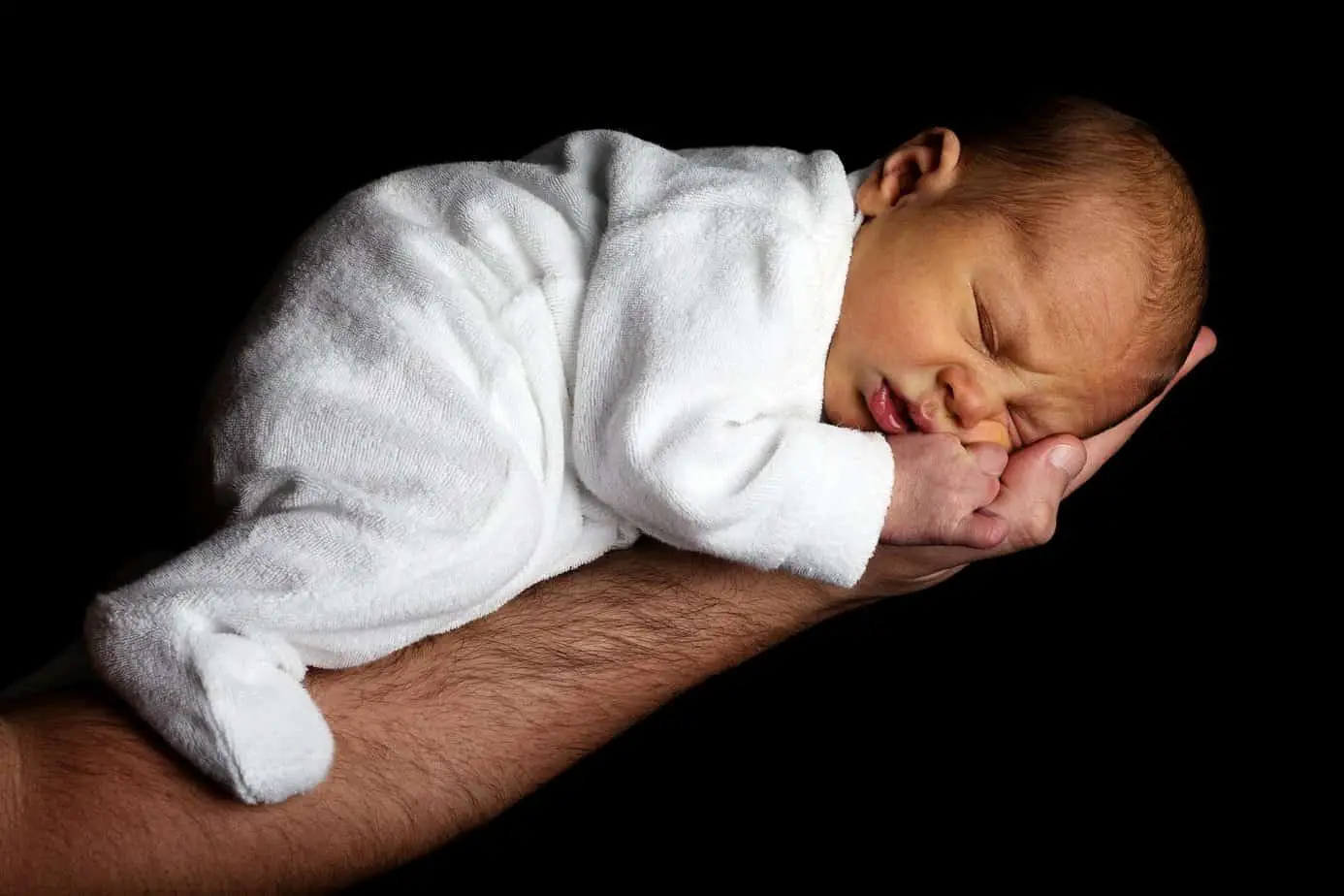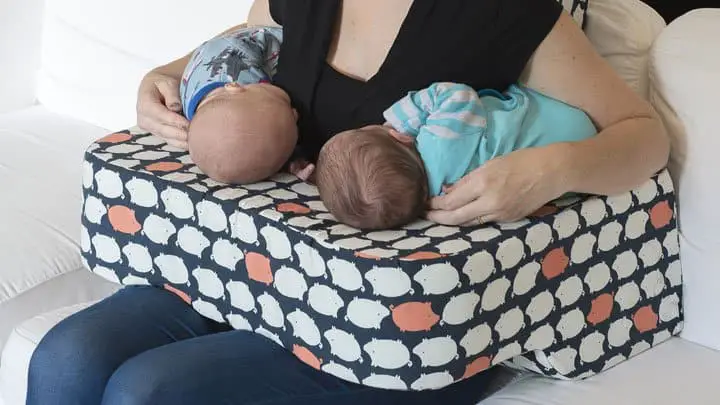Few Babies With Brain Injuries After TTTS
Researchers from Saint Louis University in the U.S. explore neuro-developmental outcomes in twins diagnosed with Twin to Twin Transfusion Syndrome (TTTS). The results were published in the American Journal of Obstetrics and Gynecology in January 2018. The researchers looked at the Woodward MRI brain injury grading scale to find out whether or not the grading scale correlates with the neuro-developmental issues survivors of TTTS experience. 49 babies were included in the study. Only six of those babies had abnormal MRI scores when evaluated at term. That’s equivalent to 12 percent.
Abnormal body movements
The researchers found that babies with abnormal scores were significantly more likely to be born at a later gestational age and to have an abnormal gross motor score when evaluated by physical therapists. Gross motor skills involve the development of large body movements related to balance and arm, leg and torso movement. They also trended toward an abnormal motor score at 18 months. There was no significant correlation between the stage of TTTS or gestational age at laser surgery and MRI score.
Incidence of brain injury lower than expected
The researchers concluded that white matter brain injury was significantly associated with lower gross motor skills at birth and at 18 months. The results suggested that the incidence of brain injury on MRI in TTTS survivors were lower than expected, although a high percentage of babies still developed at least mild neuro-developmental delays.
